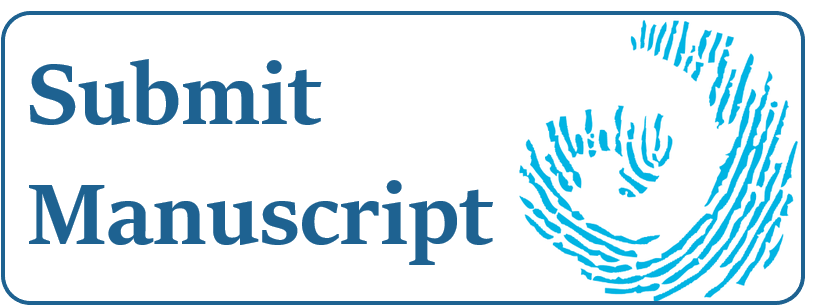Applying radical empathy to Women's March documentation efforts: a reflection exercise
Abstract
The Women’s March was a global phenomenon, with close to 5 million people participating worldwide. With a protest this complex, it is easy to see that its related records will have historical value. Indeed, many repositories have called for ephemera and stories from the event. But is documenting the event itself enough? The March was criticised for its lack of intersectionality and inclusion: are these criticisms not crucial to future understandings? This article follows the work of bell hooks, Verne Harris, Jarrett Drake and others in the call for social justice in archival work. The work of Michelle Caswell and Marika Cifor on radical empathy is particularly well poised to answer these questions, because of its emphasis on prioritising people over records. Central to radical empathy are an archivist’s relationships with four constituents: the creator, the subject, the user and the community. Considering the roles of these stakeholders represent a departure in traditional archival theory, one that the author believes will make archives more equitable. Using these perspectives, this article will explore what it means to document the Women’s March in a pluralistic way and suggest pathways to do the same elsewhere.

This work is licensed under a Creative Commons Attribution-NonCommercial-NoDerivatives 4.0 International License.
From 2022 (Volume 50) authors contributing to Archives & Manuscripts agree to publish their work under the terms of the Creative Commons Attribution-NonCommercial-NoDerivatives License), which permits non-commercial re-use, distribution, and reproduction in any medium, provided the original work is properly cited, and is not altered, transformed, or built upon in any way. Authors retain copyright of their work, with first publication rights granted to A&M.




